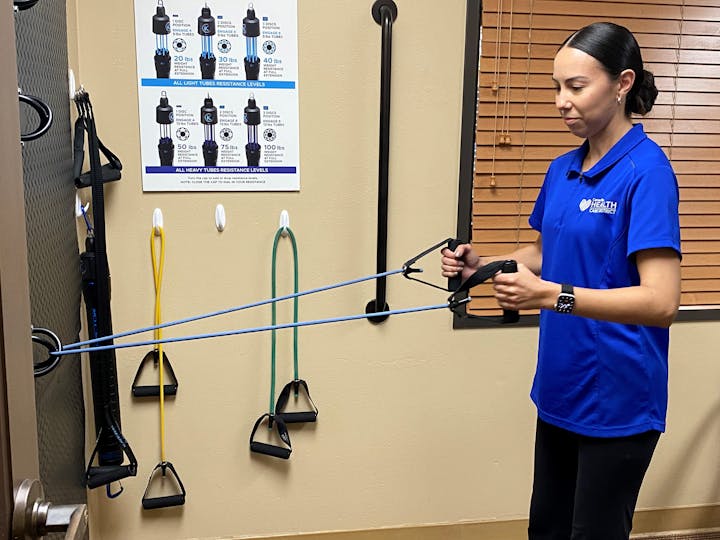Blog: Get coaching on how to avoid scams, seek resources

Anyone can be manipulated by a scam, but there's help
I was vacationing, relaxed and without a care in the world, when I received a phone call. Someone close to me who I’ve known my entire life had a “boyfriend” and she had become close to him through “texting.” Alarm bells went off because 1) She hasn’t dated in 30 years 2) She doesn’t know how to text.
You’ve probably guessed it by now.
She had been targeted in an online romance scam. The imposter had “friended” her on Facebook and they were communicating through Messenger. This had been going on for a couple of weeks and she thought she knew him very well through their correspondence, even though they had never spoken on the phone, video messaged or met in person.

I immediately looked through her “Friends” list on Facebook, found him and viewed his profile. A reverse image search on Google showed the photo being used was of a model and the exact image had been used in advertising. Other telltale signs: He was allegedly a high-ranking officer in the military. It was a fake profile on Facebook.
Luckily, it had not gotten to the point of him asking for money and her making a wire transfer so he could allegedly 1) Pay attorneys to collect his “inheritance” and come see her 2) Pay off some “emergency medical expenses” 3) “Pay for gambling or other debts so they can start over and begin a new life with her.”
Now she had a target on her back. Next came the business imposter scam where a fraudster called her and claimed he represented PayPal and she owed $500. But there was a small problem. Because this so-called debt had been the caller’s administrative error, he would need her to purchase $500 in gift cards and for her to read off the numbers on the back of the cards so he could pay off her debt without his boss realizing what had happened and save his job.
Having a big heart and being the trusting person she is, she complied and was out the money. Fraud had been perpetrated against her.
Then her phone number was shared with other fraudsters. One managed to convince her that she accidentally received a deposit in her bank account, and he needed to reverse it. But first he needed her to log in to her bank account and click on a link he sent her. That link gave him control over her computer and he managed to wire money out of her bank account.
If any of this sounds familiar – maybe it happened to a friend, parent, grandparent or you – then you may want to consider a one-on-one appointment with Debbie Deem, a retired victim specialist with the FBI and former coordinator of the Financial Abuse Specialist Team, part of the Ventura County District Attorney’s Office. At no charge, she is making herself available for consultations at 12 and 1 p.m. the fourth Wednesday of the month, February through November, at Camarillo Health Care District, 3639 E. Las Posas Road, in Camarillo. In addition, anyone can drop in between 2 and 3 p.m. to ask a question or receive support and resources from her.
This Fraud/Scam Support and Information coaching will cover such topics as romance imposters, lottery and sweepstakes scams, crypto investment fraud, fake grandparent and family emergency scams, and government, bank and business imposters. She will provide handouts, important phone numbers to report scams, and links to additional resources.
To secure an appointment, call 805-388-1952 or feel free to drop in between 2 and 3 p.m. the fourth Wednesday of the month. Even if you haven’t been victimized or know someone who has, having this information will make you better prepared and aware if a fraudster tries to run a scam on you or someone you know.
Michelle Rogers is community outreach and education manager at the Camarillo Health Care District. She can be reached at 805-388-1952, ext. 116.






